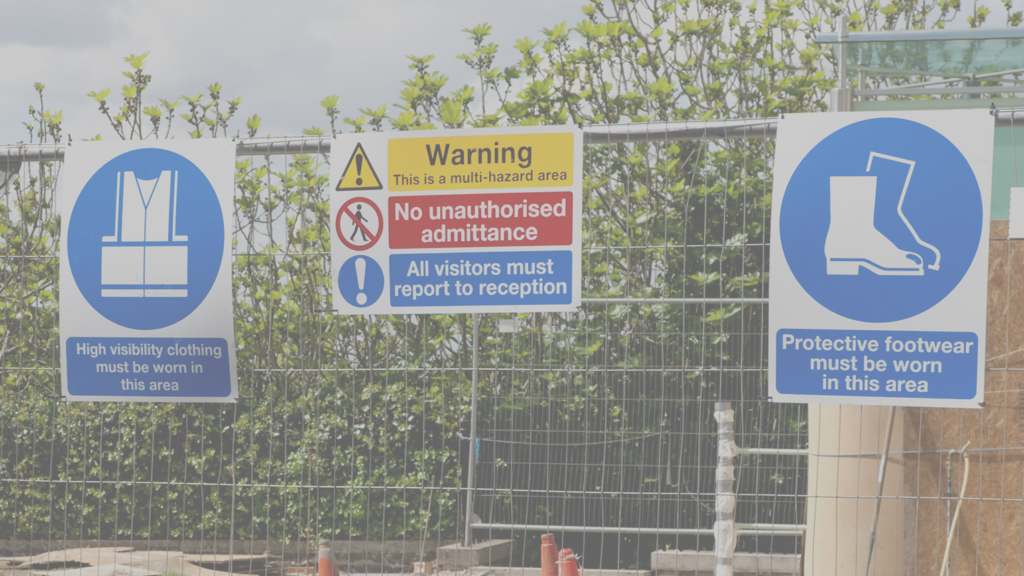Training Is Key to Protecting Your Organization from Bribery and Corruption
In today’s connected, global business environment, bribery and corruption are risks that organizations should keep permanently on their radar. Without a comprehensive compliance program to manage and minimize risks, companies can face costly legal, financial and/or reputational damage. In 2019, companies paid $2.9 billion to resolve Foreign Corrupt Practices Act (FCPA) cases brought by the U.S. Securities and Exchange Commission and the Department of Justice. So far, in 2020, companies have paid $2.6 billion in FCPA settlements.
Providing online anti-bribery/anti-corruption training to employees, third parties, and partners, in the language of their choice, is a proactive step to protect your organization from violations and fines. Training that focuses on awareness and behavior helps ensure individuals can spot the warning signs of bribery and know how to respond to and report actual or suspected misconduct.
Among the questions training should address are:
What is the purpose of the FCPA?
The FCPA is the principal federal law that makes it a crime to pay a bribe to a foreign public official for the purpose of obtaining or retaining business. Jointly enforced by the U.S. Department of Justice (DOJ) and U.S. Securities and Exchange Commission (SEC), the FCPA applies to any company that does business internationally or whose securities are listed in the U.S. Besides covering anti-bribery, the FCPA also has an accounting provision, which includes books, records and internal controls.
What constitutes bribery?
Bribery has evolved into a sophisticated crime — it’s much more than offering someone an envelope stuffed with cash. Generally, depending on the country or statute, bribery means offering, giving or promising anything of value to a government official with the intent to influence that official or gain an unfair advantage, usually to acquire or maintain business. Bribes can be cash and gifts, such as electronics, cars, watches or expensive wine, as well as travel and accommodations, donations to a charity or a political party, trade secrets, stock tips, hospitality and entertainment, or offers of employment.
Who is considered a foreign public official?
It’s not always easy to identify a public official— it’s a broad category. Some examples are heads of state, cabinet members, judges and magistrates, legislators, regulators, law enforcement, government workers and individuals working on behalf of public international organizations, such as the UN, Red Cross or the World Bank. A good rule is to treat all business contacts as public officials and assume that anti-bribery laws apply to your interactions with them.
What should individuals do if they suspect bribery or corruption?
Training is an effective tool to explain your organization’s internal policies and procedures for reporting incidents of bribery, corruption, and other misconduct. Training also offers a dynamic way to communicate a message from leadership that ethical behavior is core to your workplace culture and that everyone, at every level and location, must comply with the law and is held accountable for their actions.
Bribery and corruption in the workplace are serious crimes, whose costs go far beyond criminal penalties and large fines. Organizations can minimize the risk of FCPA violations by communicating clear policies and procedures and providing regular training to employees and third parties on their responsibility to act ethically and recognize, report and prevent illegal activities.
EDITOR’S NOTE: This article was written by Andrew Rawson, Chief Learning Officer and Co-Founder at Traliant, an award winning provider of online compliance training.
You can find a link to the original article here.




















